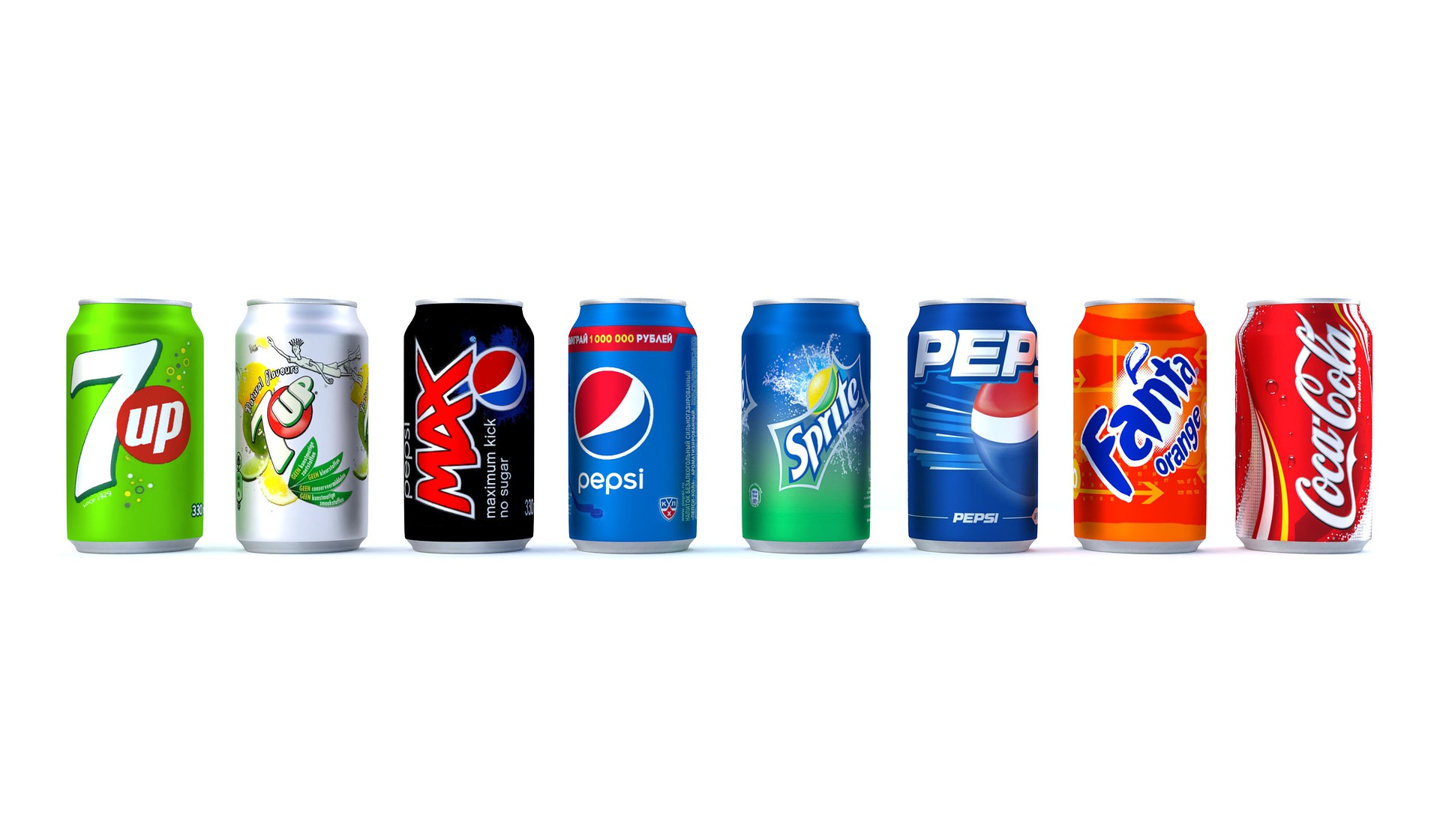Recently, according to media reports, the Standing Committee of the Shenzhen Municipal People’s Congress passed the Health Regulations of the Shenzhen Special Economic Zone, which will come into effect on January 1st next year.
The regulation requires retailers in Shenzhen to place health risk warnings on shelves when selling carbonated drinks. This rule also applies to online sellers selling carbonated drinks in Shenzhen.
If the merchant does not set up the warning, the market supervision and administration department will also order it to correct within a time limit; if it fails to make corrections within the time limit, it will be fined 1,000 yuan. (About 150 US dollars)
China has implemented a similar policy for the sale of alcoholic beverages nationwide since 2007. Alcoholic beverages should be marked with words such as “excessive drinking, harmful to health”, “do not drive after drinking” and “do not drink alcohol for pregnant women and children” on the packaging, shelves, and online pages of alcoholic beverages. But this is the first time a soda seller has been asked to do the same thing.
But this is the first time that soda sellers have been asked for same thing.
Shenzhen is a very special city in China, where many of China’s new policies will be implemented on an experimental basis. Previously, Shenzhen has taken the lead in banning plastic straws and disposable tableware.
Another provision in the policy document encourages businesses in the Shenzhen area to produce low-sugar, low-oil, and low-salt food and encourage them to carry health labels on food packaging.
In the eyes of most people, carbonated drinks are indeed unhealthy drinks. But this accusation is not accurate, especially when requiring risk warnings on the shelves of carbonated drinks can cause people to ignore the real causes of obesity.
Carbonic acid in carbonated drinks affects dental health only when consumed in large quantities. The main cause of people’s unhealthy is that it contains a lot of sugar. But diet sodas such as Genki Forest are rapidly dominating the market in China. Sugar-free carbonated drinks may be healthier than natural fruit juices, which tend to contain too much sugar. So this policy seems unfair to these healthy sodas.
Perhaps in the future, this policy will be revised to target high-sugar drinks rather than carbonated drinks.

评论